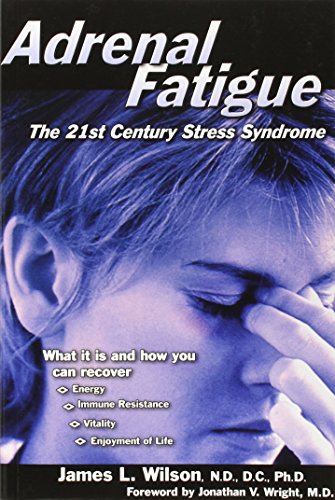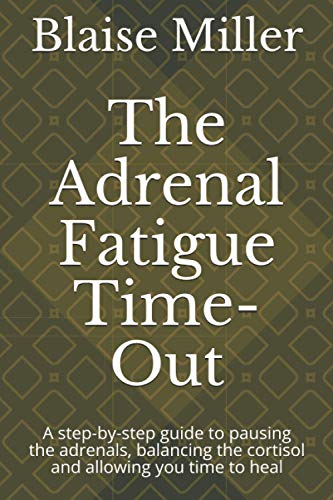The term Adrenal Fatigue is used to categorise a group of signs and symptoms that occur most commonly in people under prolonged physical, mental or emotional stress. It is also thought to arise after acute or chronic sicknesses like pneumonia and bronchitis.
Although it is not recognised as a legitimate medical problem, millions of people around the world are believed to be affected.
Symptoms of adrenal fatigue
The symptoms of adrenal fatigue are also associated with a host of other disorders, which make them easy to overlook. These symptoms include:
- Feeling tired regardless of sleep quality and quantity
- Trouble concentrating
- Trouble falling asleep and waking up
- Salt and sugar cravings
- Generally feeling unwell
- Needing stimulants to complete the day
When to eat
When to eat is important in terms of energy levels and how you feel. A common mistake made by people with adrenal fatigue is skipping breakfast because they feel too tired to eat in the mornings.
Ensuring you eat a nutritious breakfast is of the utmost importance. Eating breakfast within an hour of waking is helpful as it will make sure the body is fuelled efficiently after a starvation period at night. Eating lunch earlier in the day is better, as your body uses up its breakfast very quickly and will need more energy.
Lunch should be consumed before noon, and a nutritious snack should be eaten at around 2pm to stave off hunger until your evening meal, which should be consumed by 5pm to 7pm.
What to eat
Eat a breakfast high in whole grains and protein, and low in simple sugars, as this will raise your blood glucose levels more slowly and therefore give you energy throughout the day. Poached eggs and wholemeal toast is an excellent breakfast, as it contains lots of protein and complex carbohydrates. Scrambled eggs and a small bowl of porridge or oatmeal is another example, and suggested foods to include in your diet are:
- Protein: dairy, lean meats, fish, eggs, nuts, legumes and whole grain
- Fruits and vegetables: brightly-coloured vegetables such as peppers, broccoli, peas and onions, and low-sugar fruits such as kiwis, papayas, strawberries and watermelon
- Complex carbohydrates: quinoa, whole wheat bread and pasta, oats, beans, lentils and peas
What to avoid
When suffering with adrenal fatigue it can be beneficial to limit and even cut out certain foods from your diet, as they may increase the severity of certain symptoms. If you know which foods are fuelling your symptoms, then look to carefully avoid them. If you’re unsure, a list of common trigger foods that you may want to avoid include:
- Caffeine: this can stimulate adrenaline release from the adrenal glands, and after the short energy boost is over, fatigue sets in making it difficult to concentrate. Instead, try decaffeinated coffee.
- Sugar and sweeteners: when large quantities of sugar are consumed, blood glucose levels rise significantly. Insulin is secreted and lowers blood sugar levels, resulting in a ‘crash’ marked by fatigue.
- Alcohol: this can stress the adrenal glands, further fatiguing them.










